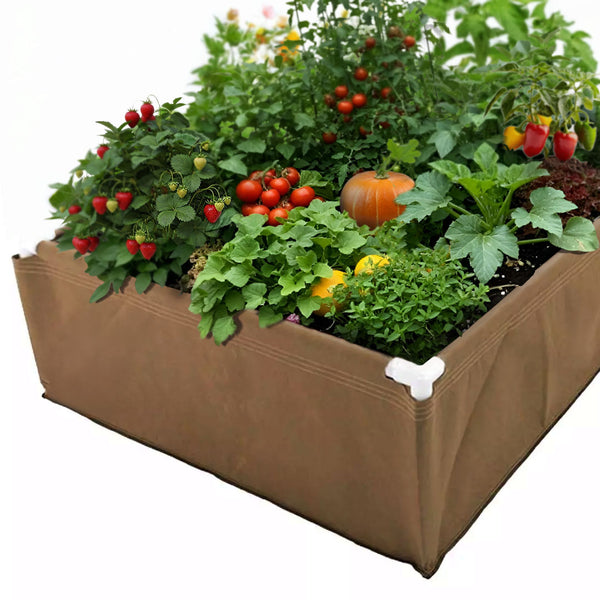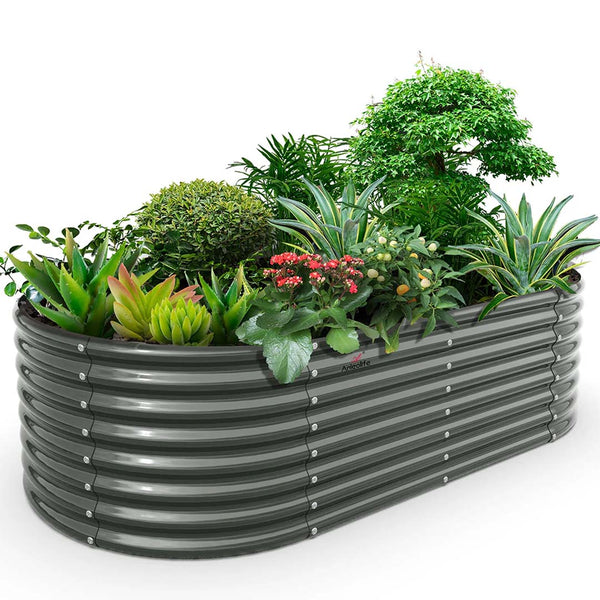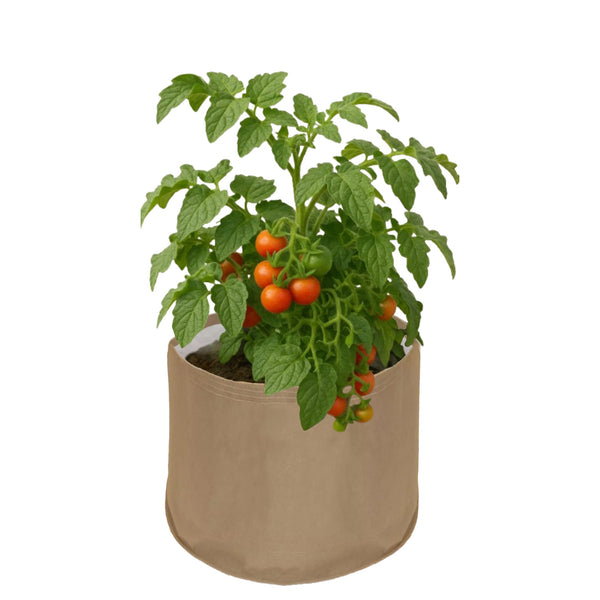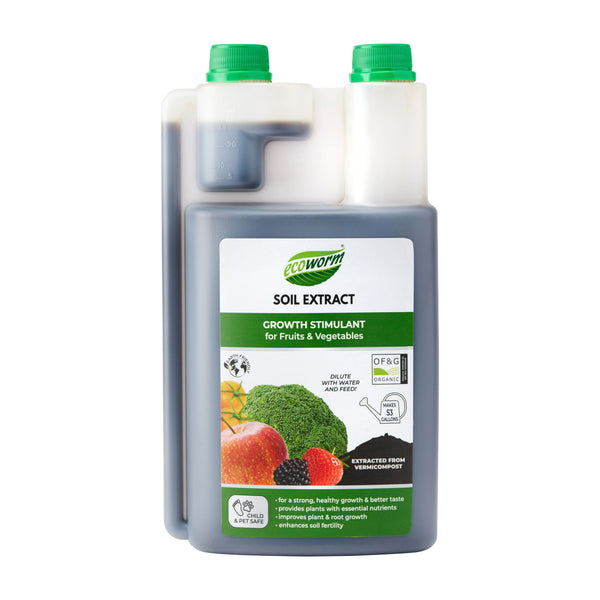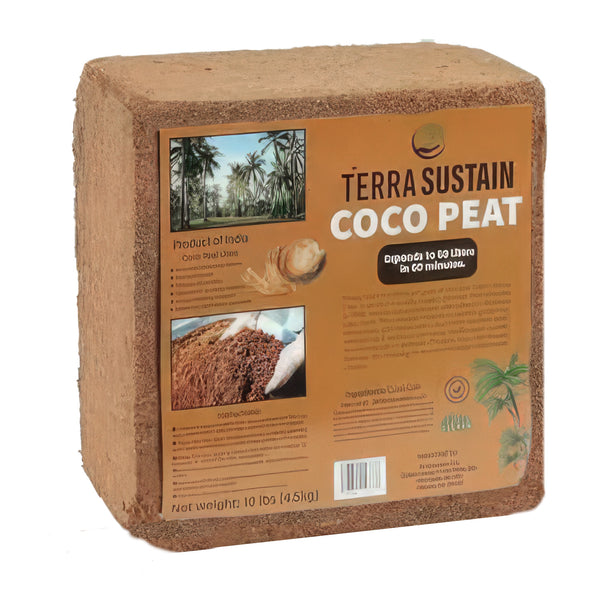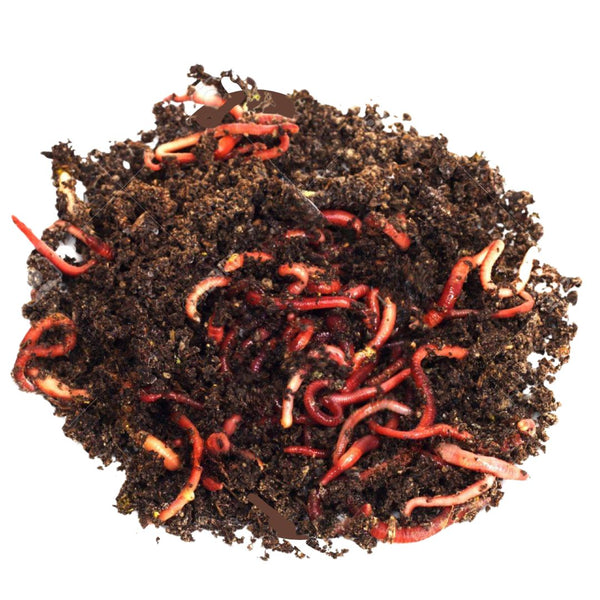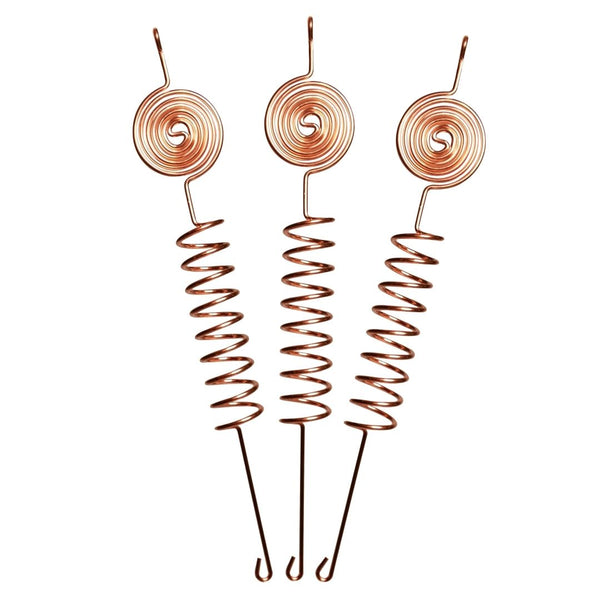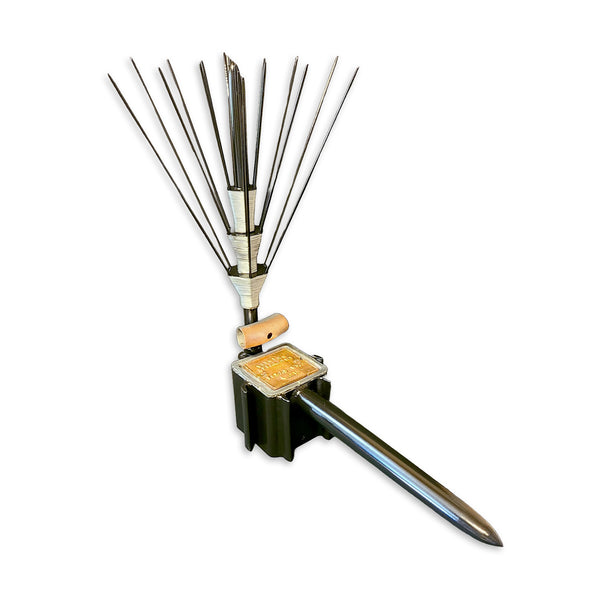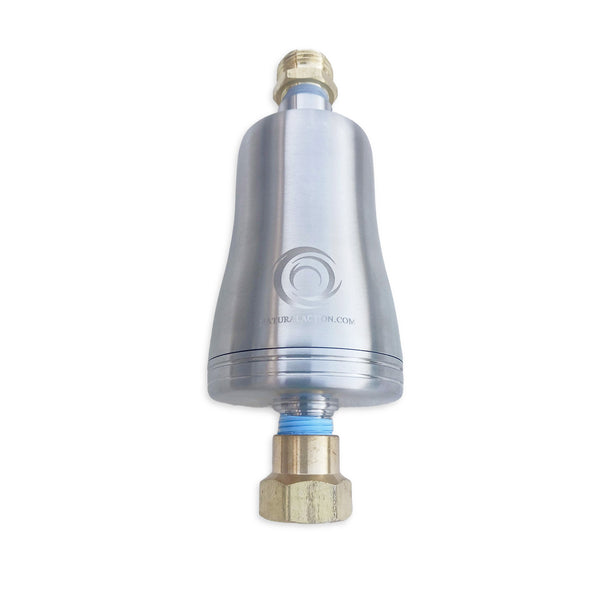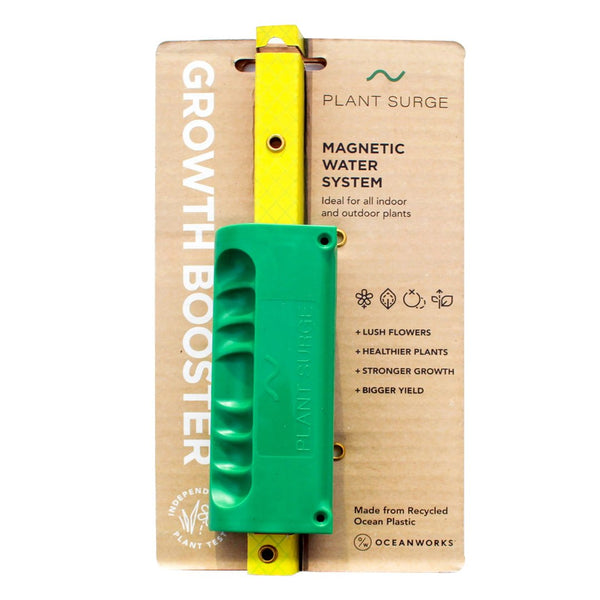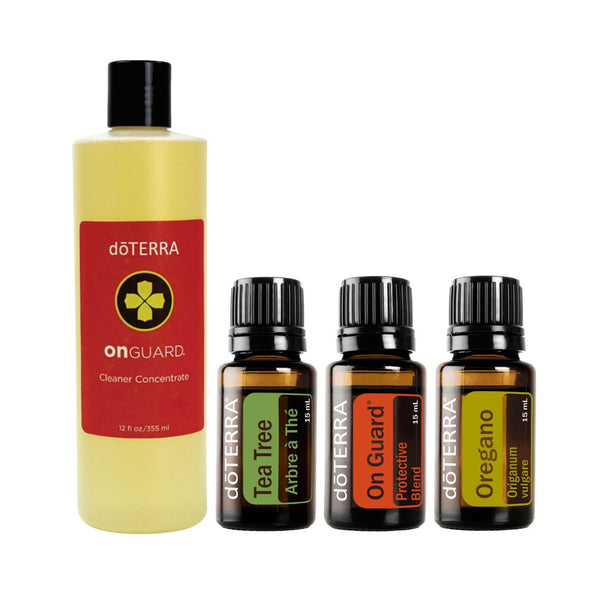The Critical Differences: Biochar Vs Activated Charcoal Comparison That Reveals Which You Need

Understanding Biochar and Activated Carbon
Introduction to Biochar vs. Activated Carbon
Alright folks, let's dig into the nitty-gritty of two heavyweights in the gardening game: biochar and activated carbon. Both pack a punch in their own right, coming from carbon-rich sources, but used for different reasons. Our buddy biochar is born from this thing called pyrolysis—think cooking biomass without enough air to get a wild campfire going. What do you get? A char about 70% made of carbon, ready to boost soil happiness, lock in nutrients like a vault, and invite a whole party of microbes to the yard.
Now, flip the coin and meet activated carbon. It's like carbon but on steroids—produced by heating stuff like wood until it’s hotter than a two-dollar pistol, then jazzing it up chemically to expand its surface area to a mind-boggling 1000 m² per gram. This makes it awesome at sweeping up impurities in air and water like a champ.
Key Differences and Similarities
Now, let's look at what makes each of ’em tick and when you'd want one over the other.
| Feature | Biochar | Activated Carbon |
|---|---|---|
| Production Process | Slow-cooked in low oxygen | Hot, hotter, hottest with a chemical bath |
| Carbon Content | 70% carbon goodness | Smaller than a flea, but a surface area like a football field |
| Primary Use | Soil's BFF | The janitor for air and water |
| Physical Properties | Black, light as air, and holey | Super porous and hustles hard |
| Applications | Cheers up soil, hangs onto nutrients, microbe hotel | Water cleaner, air filter, hero in medicine |
Both are rock stars in their own gigs. Biochar's your go-to for greening up your patch of dirt and being mates with Mother Nature. Activated carbon? It’s your go-to for dusting off dirt in your water or air, banishing impurities like nobody’s business.
Getting the 101 on these champs means you can pick the right one for what you’re aiming for in your garden or home detox. Be it boosting plant growth with biochar magic or sorting out the air and water on the home front, knowing the tech and talents of each can make you a smarter gardener. Now, let’s make that soil sing!
Benefits and Applications
Knowing how to make the most out of biochar and activated carbon puts us in a better spot to spruce up our gardens and look after our planet. Let’s dive into how adding some biochar can jazz up our soil, and how activated carbon can turn sketchy water into the refreshing stuff we're happy to down.
Soil Enhancement with Biochar
Biochar is like a turbo boost for our soil. Toss some into our garden mix, and watch that compost kick it up a notch. We’re not just keeping the skies clear by trimming greenhouse gases, but we're also hanging onto those precious nutrients and cheering on our tiny underground buddies—the microbes (Regeneration International). Check out what biochar can do for us:
| Benefit | Description |
|---|---|
| Spices Up Compost | Makes compost work harder, giving us lush soil. |
| Shrinks Greenhouse Emissions | Sucks up CO2, leaving less in the air. |
| Cheers on Microbes | Boosts good microbes that keep our plants thriving. |
| Pumps Up Soil Structure | Lets more air and water stick around for thirsty roots. |
Churning out biochar keeps carbon locked up tight, fighting climate change while keeping our organic gardening game strong.
Water Purification with Activated Carbon
Activated carbon is like a cleaning wizard for our water. It scoops out the junk, so we’re sipping safe and pure stuff and keeping our plants healthy too. Thanks to its crazy large surface area, it traps toxins like a champ, giving us pristine water. Here’s activated carbon in action:
| Application | Description |
|---|---|
| Banishing Nasties | Zaps chemicals and heavy metals lurking in our water. |
| Sweetens Water | Kicks out bad odors and tastes, making the water fresh. |
| Multi-Tasker | Great in fish tanks, pools, and local water supplies. |
We get activated carbon by heating charcoal with gases till it swells in size and power, outdoing regular charcoal and even biochar when it comes to purifying water (Rosy Soil). This setup lets us irrigate our gardens with sparkling-clean water, sticking to our principles of chemical-free gardening.
Mixing biochar into our soil and employing activated carbon as our water ally sets us on the path to a greener, healthier garden life that vibes with our organic and pure mindset. For more juicy details on biochar, see biochar for soil and and the ways it can lift our gardening game at biochar in the garden.








